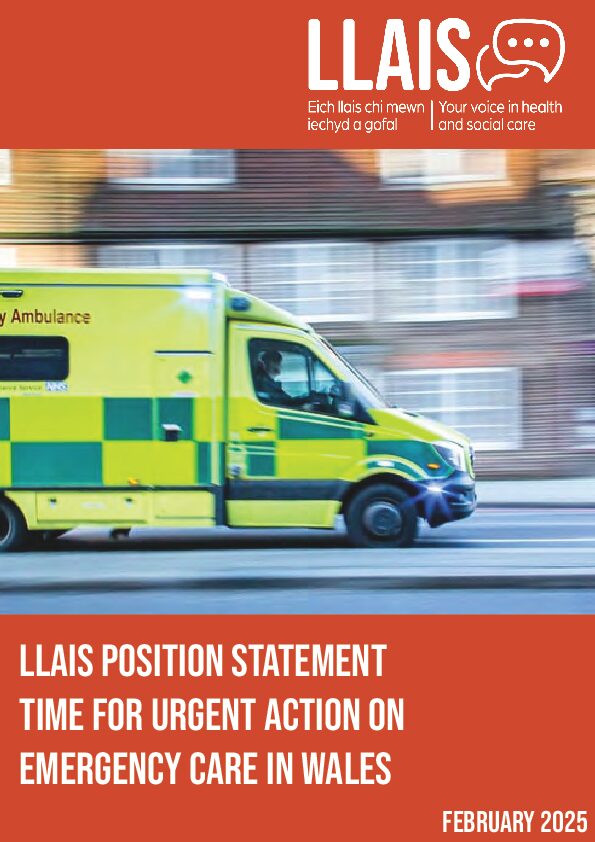Have you thought about how critical illness can impact your family’s finances? Getting diagnosed with a serious ailment like cancer or heart disease can be stressful, both emotionally and financially. This article will cover the critical illness cover, which provides financial support in such situations. Read on to learn about this useful insurance cover – what it is, its key benefits, and who should consider buying it.
What is a Critical Illness?
Critical illnesses are severe life-threatening medical conditions with persisting symptoms that require extensive treatment and hospitalisation. Critical illness includes the following:
- Cancer
- Coronary artery bypass surgery (CABG)
- Myocardial infarction (heart attack)
- Aorta valve replacement surgery
- Kidney failure requiring regular dialysis
- Major organ failure (including kidney, liver, heart, lungs)
- Multiple sclerosis
- Primary lung disease with respiratory failure
- Aplastic anemia
- Bone marrow failure
- Blindness
- Deafness
- Coma (greater than 24 hours)
- Paralysis (including permanent paralysis of limbs or speech)
- Motor neuron disease (including amyotrophic lateral sclerosis or ALS)
- Alzheimer’s disease
- Parkinson’s disease
- Huntington’s disease
- Major burns (over 50% of body surface area)
- Internal cancer in situ (carcinoma in situ) of specified organs
- Idiopathic pulmonary fibrosis
Such conditions are much more serious than normal day-to-day illnesses. Not only do they weaken the body severely, but they also require intensive medical procedures, hospitalisation, and post-recovery care – all of which cost huge sums of money. Health insurance may cover hospitalisation but still leaves some expenses, like tests, post-hospitalisation medication, etc., to be paid out of one’s pocket.
This is where critical illness insurance comes into the picture. It provides substantial financial support not just to cover medical costs but also to replace lost income during the recovery period.
Understanding Critical Illness Insurance
A critical illness is a benefit policy and provides a lump sum amount to the insured person on the diagnosis of a critical illness with respect to it’s waiting period covered under the policy. This amount can be used to pay for:
- Hospital bills
- Medicines
- Diagnostic tests
- Doctor/Surgeon fees
- Post recovery care
- Loss of Job Benefit
- Child Education Benefit
In India, you can purchase standalone critical illness insurance policies that are separate from comprehensive health insurance plans. These policies pay out a lump sum amount if you are diagnosed with a critical illness covered by the plan.
The critical illness insurance premium is calculated basis of the following:
- Age
- Coverage amount
- Medical history
- Lifestyle habits like smoking
Critical illness insurance pays a tax-free lump sum to cover your medical treatment. It generally has after an initial waiting period of 90 days and may rarely allow multiple claims subject to any limits or/and the Sum Assured.
Importance of Critical Illness Insurance
While health insurance covers hospitalisation, critical illness insurance provides complete financial protection for your medical bills and post-recovery expenses, as well as loss of income during the recovery period. Let’s understand some key benefits of this policy:
1. Lumpsum Payout On Diagnosis
The key benefit of a critical illness cover is a lump sum payout on the diagnosis of a listed critical illness in the policy schedule during the policy term. The insured receives tax-free amounts, which can cover expensive medical bills as well as replace income lost during the recovery period.
2.Claims Allowed
Critical illness insurance typically pays out only once in a lifetime. This means that after you are diagnosed with a covered critical illness and receive the lump sum benefit, the coverage for that entire policy ceases.
- Rising Healthcare Costs
Medical costs in India are rising steadily. Critical illness insurance helps offset these increasing expenses, ensuring you have access to quality treatment without financial constraints.
- Income Protection
A critical illness can lead to significant income loss due to missed workdays or reduced work capacity. Critical illness insurance provides a financial safety net, replacing lost income and ensuring your family’s financial well-being during this challenging time.
What is the Difference Between a Critical Illness Plan and a Critical Illness Rider, and Which One Should You Choose?
When considering getting coverage for critical illnesses, you have two main options – a critical illness plan or a critical illness rider.
A critical illness plan is a standalone policy that pays out a lump sum benefit if the policyholder is diagnosed with a specified critical illness during the policy term. It is not attached to any other insurance plan. The lump sum payout can be used to cover treatment costs, replace lost income, pay off debts, etc.
A critical illness rider is an additional feature that can be added to an existing insurance policy. This rider provides a lump sum payout upon diagnosis of a critical illness covered by the plan, helping you manage the financial burden of treatment without dipping into your savings or jeopardizing your long-term financial goals.
Some key differences between a critical illness plan vs critical illness rider:
- Stand-alone vs. Add-on: A critical illness plan is a standalone policy, purchased separately and functioning independently. A critical illness rider attaches to an existing insurance policy and acts as an additional benefit.
- Coverage Flexibility: Standalone plans typically offer a wider range of critical illness options, allowing you to customize coverage based on your needs. Riders may have a limited list of covered illnesses.
- Payout Structure: Standalone plans usually offer a single lump sum payout upon diagnosis of a covered illness. Riders might have different payout structures, with some offering staggered payouts or specific amounts for different illnesses.
- Renewal and Claim Process: Standalone plans have their own renewal process and claim procedures independent of any other policy. Riders rely on the renewal and claim process of the base insurance policy they’re attached to.
- Premiums and Cost: Standalone plans typically have higher premiums compared to riders since they offer broader coverage and function independently. Riders add an additional cost to your base policy premium.
Who Should Buy Critical Illness Insurance?
While critical illness insurance is beneficial for anyone, it is highly recommended for:
- Individuals with a Family History of Critical Illness
- The Primary Breadwinner
- Individuals with High Debt
How to Buy Critical Illness Insurance?
One can buy critical illness insurance in the below two ways:
1. As Rider to Existing Policy
This is the most convenient and cost-effective option. The policyholder can enhance coverage of comprehensive health insurance plans with critical illness riders by paying a small additional premium. The rider term will be equal to the base policy term.
2. As Standalone Policy
Very few offer dedicated critical illness policies independent of a base indemnity cover. The premiums are higher compared to riders, but policy terms, coverage amounts, exclusions, etc., can be customised as per individual needs.
Some key things to evaluate before zeroing in on a specific critical illness policy are:
- Insurer claim settlement ratio
- Illnesses covered
- Claim process and documents required
- Exclusions
- Survival period clause
Comparison of various plans using an online insurance marketplace can help identify the ideal critical illness plan as per one’s budget and needs.
Conclusion
Critical illness insurance is a financial backup plan to protect against life-threatening illness. The lump sum payout covers medical bills and lost income during recovery. Adding a critical illness rider enhances protection at a marginal cost. For example, a Rs 30 lakh insurance plan with a critical illness rider may only cost Rs 15,000 annually. Protect yourself from financial instability by considering critical illness insurance today!
Help keep news FREE for our readers
Supporting your local community newspaper/online news outlet is crucial now more than ever. If you believe in independent journalism, then consider making a valuable contribution by making a one-time or monthly donation. We operate in rural areas where providing unbiased news can be challenging. Read More About Supporting The West Wales Chronicle
























